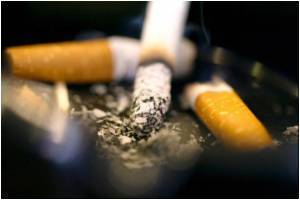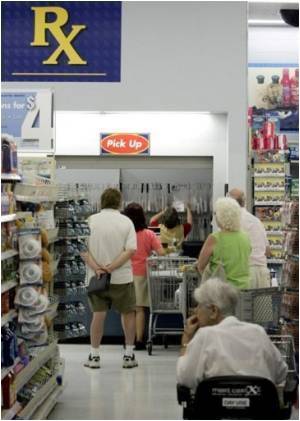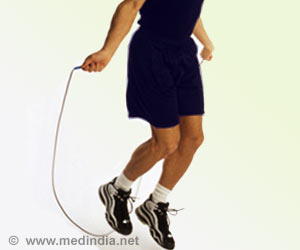With a stroke of the presidential pen, beer was recently reclassified as an alcoholic drink in Russia, no longer a foodstuff, and its sales are to be restricted to cut alcohol abuse.

But starting January 2013 a new licensing law signed by President Dmitry Medvedev will ban beer sales from 11 pm to 8 am except in bars and cafes.
The law will also prohibit selling beer in street kiosks and drinking it in public places.
"Now beer will largely be regulated in the same way as other spirits," Zvagelsky said.
Healthcare professionals have praised the crackdown.
"Young people are introduced (to alcohol) through beer and ... switch to strong alcoholic drinks," said Evgenia Koshkina of the National Centre for Addictions Research.
Advertisement
But Koshkina doubts the effectiveness of the new law given the high rate of alcoholism in the country, saying that "people are not accustomed to respect laws."
Advertisement
"(Easy) access to strong spirits contributes to (high) alcoholism. One litre of vodka costs about four euros ($5.70) in Russia, a very low price" unimaginable in Europe.
The new law has struck fear into local brewers and foreign importers in Russia, the world's fourth largest beer market that has seen steady growth.
According to a survey by the Public Opinion Group, beer is the favourite drink of 39 percent of Russians, while 32 percent said they preferred vodka.
"In street kiosks, beer sales make up nearly half of the overall profits," said Bolmatov.
The law will be "a heavy blow to small businesses and jobs," he predicted, while it will have little effect on big brewers.
"They may not see more growth, but at least they will maintain a stable volume of sales."
Source-AFP













